With information on the Nintendo Switch finally being revealed a couple days ago, we can finally stop the agonising process of making wild expectations about how what was once the NX could potentially save Nintendo. We all have opinions on this, in fact there’s already a number of people who have already expressed their opinions, so if you’re in for some more, here’s mine. Let’s provide some answers to three questions about Nintendo’s future.
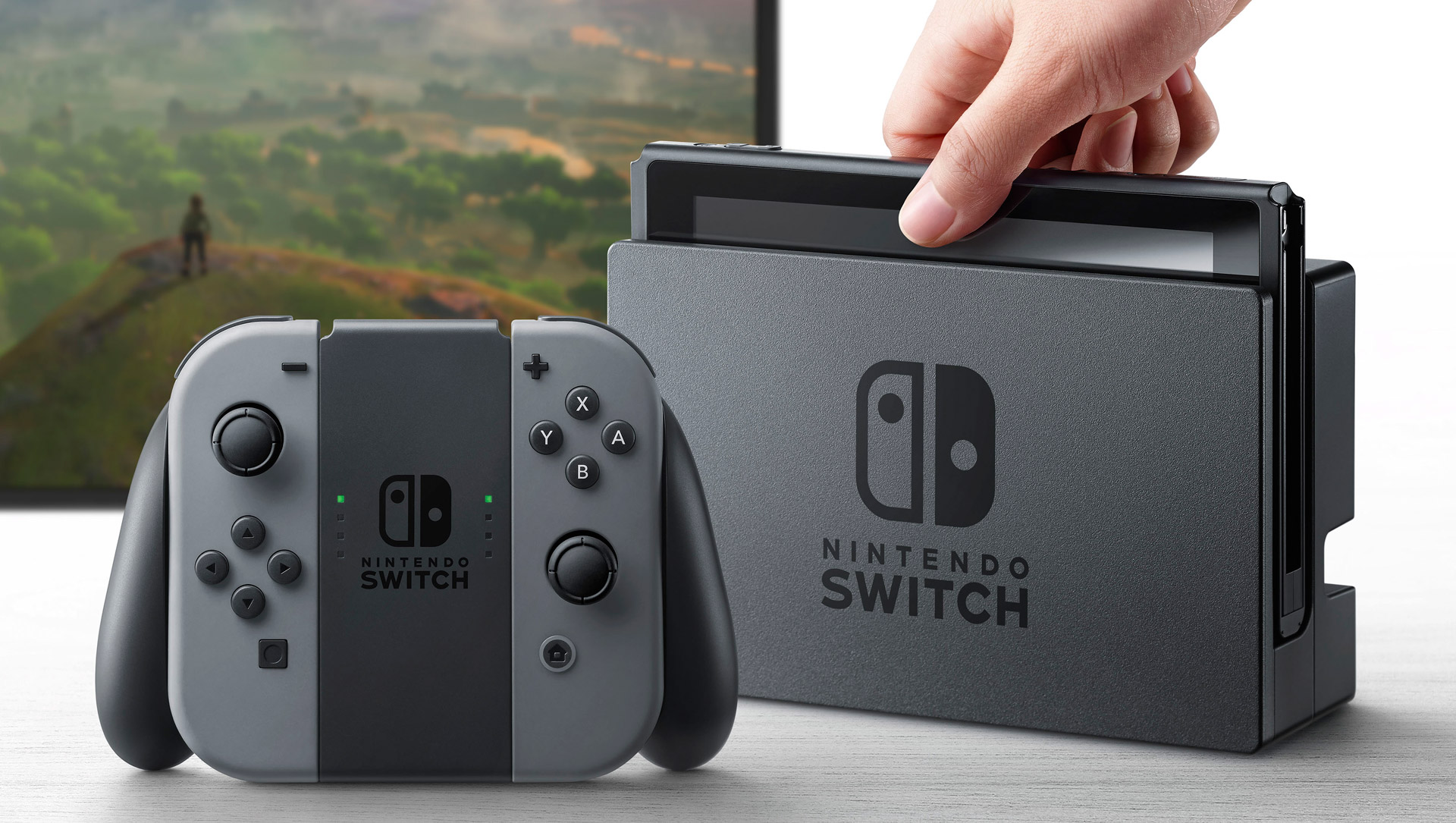
Question 1: Does the Switch Make the Same Mistakes as Nintendo has Made Before?
Consider the Nintendo Entertainment System. This was pretty big for it’s day, however it wasn’t powerful enough to truly present images with suitable clarity. Then consider the SNES, which provided enough technology to present images with such clarity that the art style of its games are still copied today. Then with the N64, we entered the third dimension, another massive leap. Then the GameCube, in which games were in 3D but also managed to look like they weren’t made entirely of triangles.
And lastly, consider consoles that came out after the GameCube. The PS3 and the Xbox 360 were definitely powerful, but where’s the leap? Sure the graphics are slightly better, but with each previous generation leap we were able to make games we never could before. In this generation, we could make the same games but bigger. Not bad, but not great. While this is an issue, it’s a topic for another article.
This is an issue that I think Nintendo understood, as it was straight after the GameCube that Nintendo begun to focus on innovation in hardware instead of power in hardware. The DS with its two screens, the Wii with all of its sanity destroying issues, the 3DS with its eye destroying bullshit, and the Wii U with its iPad for a controller.
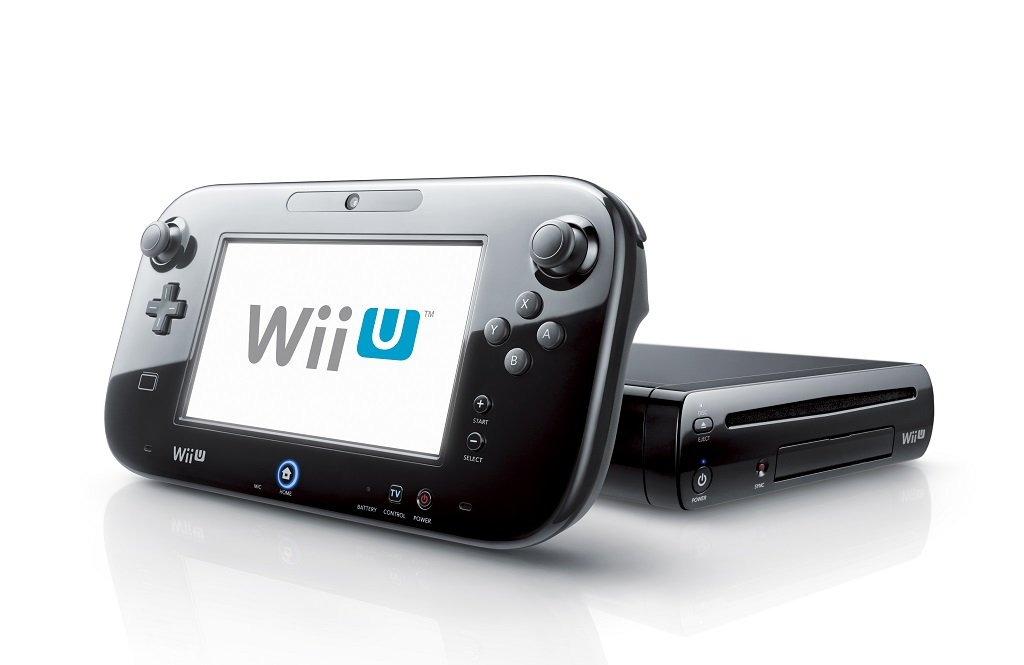
The Problems With These Innovations
It’s funny to think about how we consider some of these ‘innovations’ as bad, especially the Wii, since this focus initially made Nintendo tons of money. It only really stopped working with the Wii U. But that doesn’t mean that Nintendo gets a free pass with money making machines like the Wii and the DS.
The previously used quotations on innovations above is because there is a difference between an innovation and a gimmick. Now this definitely depends on your definition, but I’d say an innovation is something that actively improves the experience, while a gimmick creates a completely different experience, for better or for worse. There’s an example I like to use that shows this through game design:
Kingdom Hearts
Kingdom hearts tries to improve the formula with each individual entry. This is pretty respectable, but Square Enix usually tends to have varying levels of thought put into their ‘improvements’.
Kingdom hearts 2 employs the form mechanic, which I feel is an innovation. Basically you can activate forms which change your animations, speed, and abilities. However, these changes build upon previous mechanics, you’re still attacking the same way and have similar types of abilities, they’re just different now. Plus, using these forms often grant you abilities outside of the forms, affecting the main gameplay and the way you go about approaching battles. This is an innovation as it is deeply rooted in the gameplay formula. It feels like Kingdom Hearts, but better.

Kingdom Hearts Dream Drop Distance employs the flow motion mechanic. You can press a button to activate flow motion which allows you to perform certain attacks. This is completely separate from the rest of the game, you’re either using flow motion or you’re using the main mechanics, they don’t ever combine. Hence it’s a gimmick, it doesn’t improve gameplay, it just gives you the option for a different experience.

So Why are Nintendo’s Previous Attempts Gimmicks?
Nintendo’s focus for the DS was to make games that controlled by tapping and swiping. This is a completely different control scheme to the norm and was jarring to most players.
The Wii’s motion controls were focused on making games more immersive by forcing the player to perform the same motions as what is occurring in the game. However, even if the technology had actually worked, it still wouldn’t have been as good as Nintendo would want it. I play video games to do things I can’t do in real life. I can’t perform the crazy motions that Ryu performs, hence why I’m playing Street Fighter instead of fighting on the street. Applying motion controls improves a certain amount of games, but not the majority.

The 3DS mostly gets a pass, as Nintendo couldn’t find a way to force you to use the 3D effect during its games. As a bonus, because the top screen is such a focus, the touch screen gets the little attention it deserves.
The Wii U has the same problems as the DS, except double. Not only is the touch screen used for all the wrong reasons, but there’s also a gyroscope which is mostly used for holding up to the screen in different positions.

These gimmicks force you to play games differently, and only allows a certain set of games to be made for them. In Nintendo’s attempts to make new leaps in games, they’ve instead restricted them.
Not only that, but despite being new and different, the biggest kick is that they simply don’t make games fun. A lot of games for the Wii can be frustrating due to the dodgy sensors. They didn’t just fail at innovating, but at the same time they managed to take the fun out of their games.
I feel that there’s some actual good uses to some of gimmicks. Touch screens are well used for precision in areas such as menus, and the motion controls can make hectic moments like quicktime events slightly more hectic. If the games were designed with those uses in mind, perhaps they would be innovations instead of gimmicks.
So Does the Switch Make the Same Mistakes?
The Switch’s big thing is that it has a screen that you can pick up and use to play games away from your console. This doesn’t seem like it will affect how the system’s games will play.
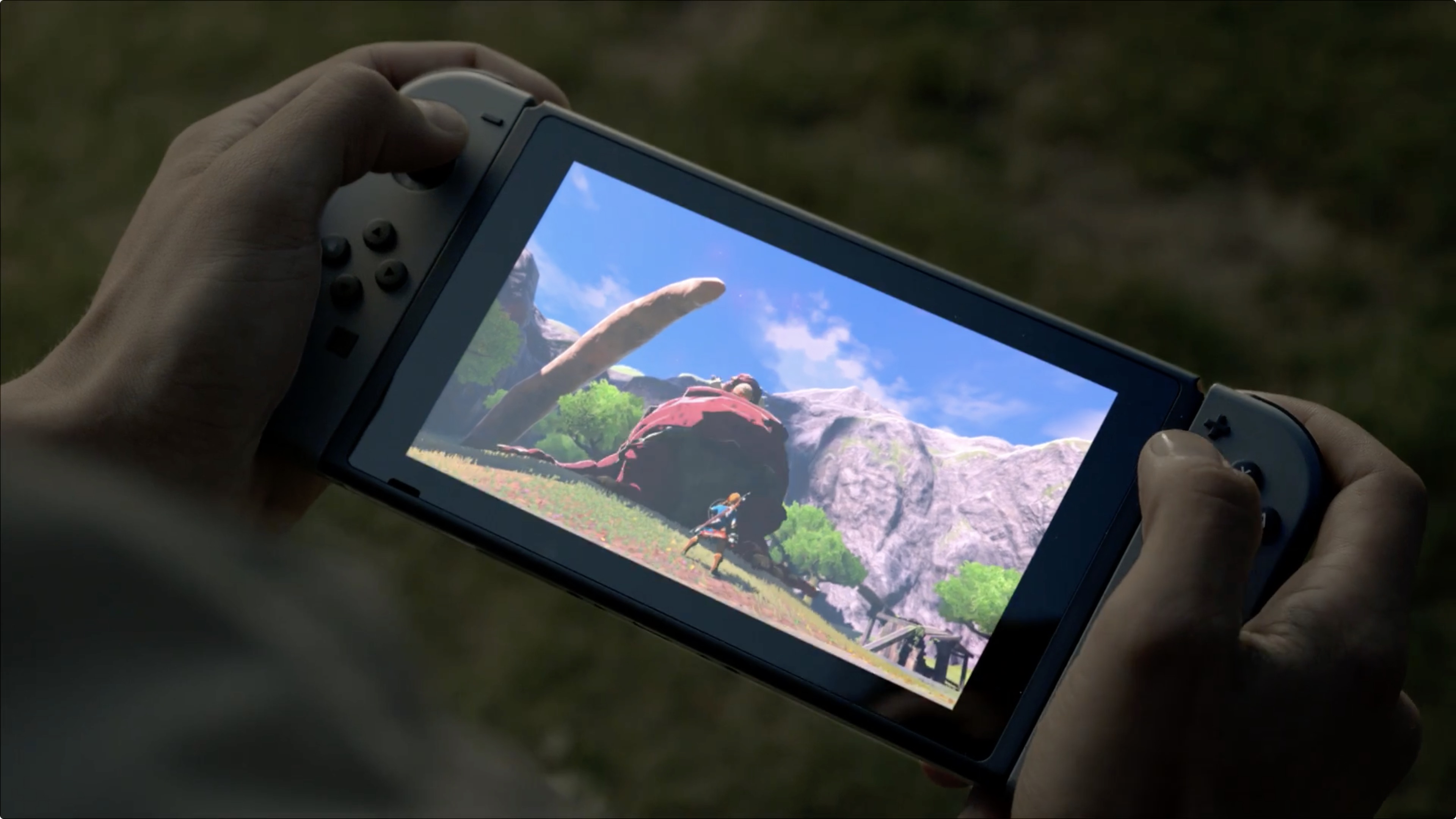
This is important, if the Switch’s new feature doesn’t butt into a game’s features, then they can do anything they want for all I care.
Having a separate portable screen and some customisable controllers, no matter what you think about it, doesn’t affect the gameplay. Unless Nintendo finds some way to force you to go outside and play the Switch, or there’s some game that requires constantly changing which control style you use (I’m actually scaring myself a little here), I don’t think there’s a problem. This is one the biggest problems that previous Nintendo consoles had, and I think that games on the Switch will be much more approachable as Nintendo focuses on avoiding it.
This also makes it easier for Third Party developers to make games for the system, they don’t have to consider how to work around the new elements. This brings up the point of Third Party support for Nintendo.
Variety
The biggest thing that gives me hope for the Switch is this picture:

Now, this picture could mean anything. Maybe these companies are just porting older games to the system, which didn’t work for the Wii U, or maybe these games are small side games that won’t be as good. However, what’s really important is that Nintendo seems to be shoving this picture in our face.
I see this a lot in what Nintendo has presented with the Switch. No matter what games are planned, it means that Nintendo has a deep focus, this time, with third parties.
This means not only that there’s a focus, but Nintendo has listened to fans, and observed the way the world has moved. If Nintendo is opening their eyes to this perhaps they could be opening their eyes to plenty of other things that fans have wanted, although this is definitely speculation.
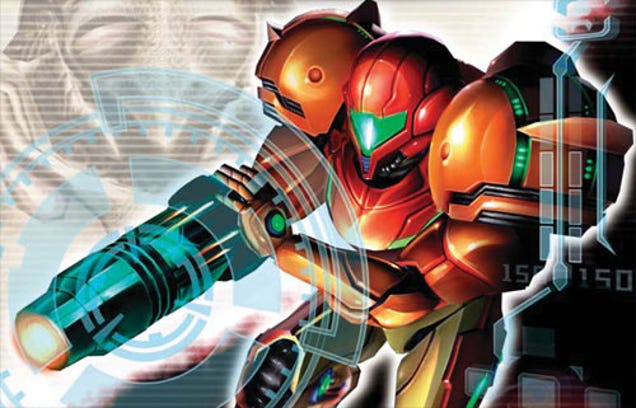
Nintendo has always focused on making their own games, and rarely properly allows others to work with them. As less and less companies make games for their systems, the importance of third parties can be easily seen.
As long as Nintendo has a good focus on working with others, they’ve grown as a company.
The Wii U definitely has some quality games, but the amount of these games that came out over the Wii U’s lifetime is less than the amount of quality games that came out for other systems within the past year.
As long as Nintendo has a good focus on working with others, they’ve grown as a company.
However, while they aren’t making the same mistakes, a question still remains.
Question 2: Are they Making any New Mistakes
Sure, Nintendo seems to be learning from past experience, but they’re still doing something risky, are they messing it up again?
The Portable Screen Thing is a Worry
I see a lot of people saying ‘it’s just another Wii U’, which isn’t really true. It’s been confirmed that the console itself is the screen, the dock is simply a device that switches the output to a TV.
The thing that worries me is the focus on taking your screen with you. The biggest thing Nintendo needs is battery life longer than at least 2 hours. If we’re talking playing the same games at a similar resolution on a machine that thin, I hardly believe it it can run for as long as it needs to.
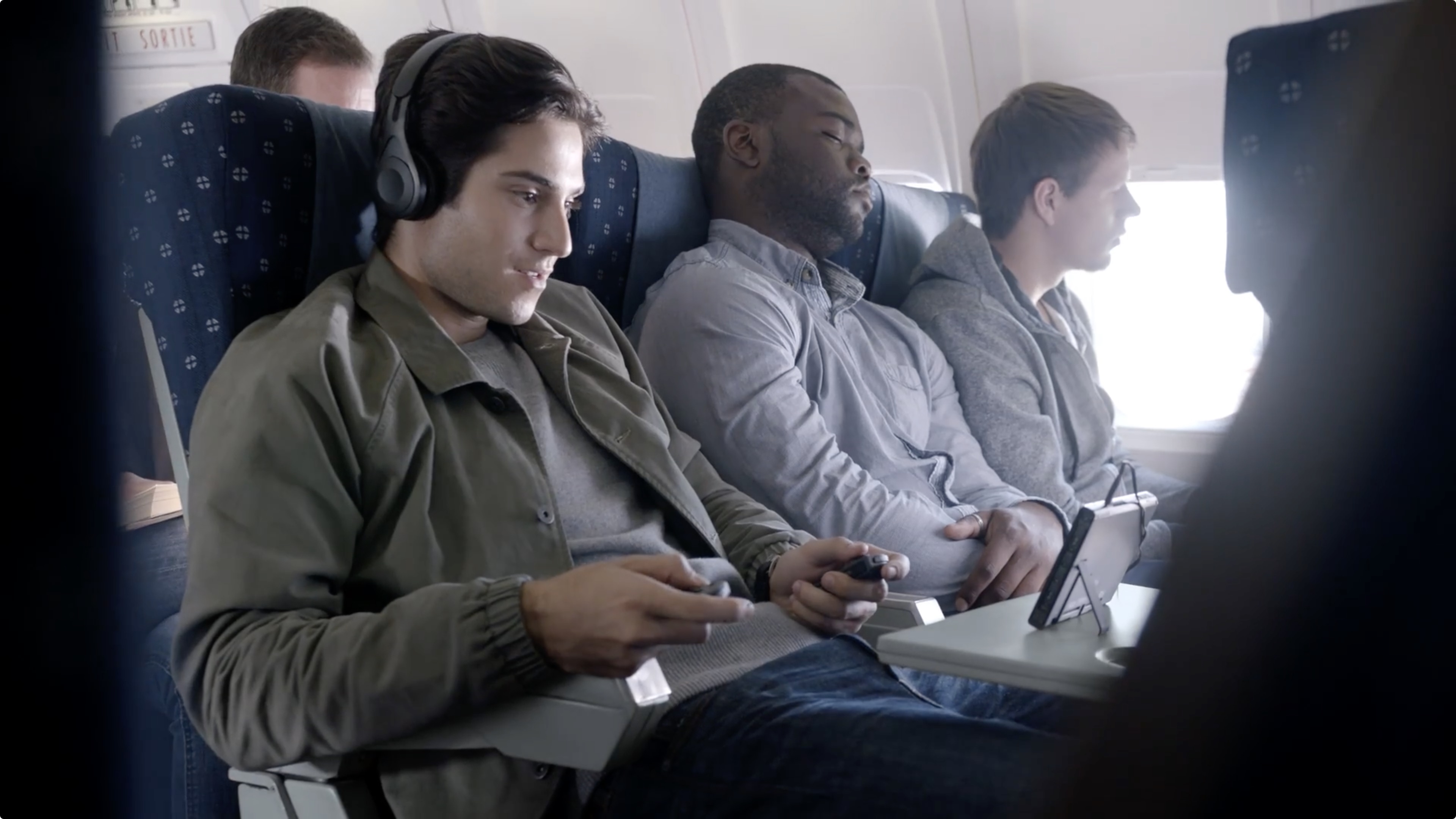
The Wii U gamepad was thicker, and it streamed the game directly from the console so not much processing power was needed, and yet it had a battery life of less than an hour.
To be able to process the games within the screen itself, that must take up a lot of power. This console would have to be bloody beefy if it’s going to work as intended.
But I Still See Some Good in this Idea
I don’t like playing JRPG’s on a home console or PC, they usually require too much repetition that I get bored. However, if I play a JRPG on a handheld I can really get into it, because I listen or watch something else while I grind.
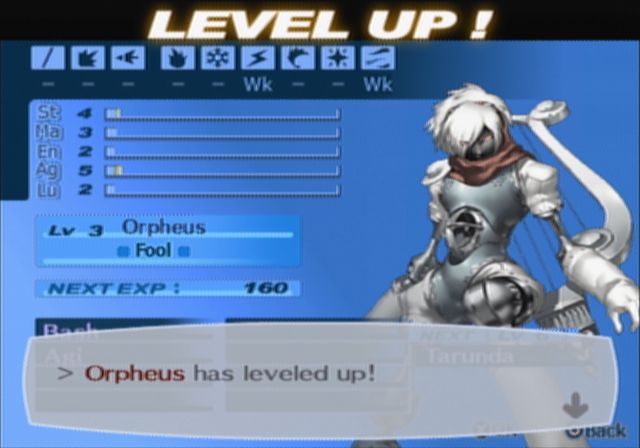
This may be a unique situation, but I can totally see myself beating a dungeon while watching TV, and then putting the screen back into the console so I can watch an important cutscene on my TV. In fact, this is something I did with my Wii U gamepad. The fact that you can choose your controllers, and most of the controllers look pretty well made, I think this could improve that experience.

And that’s the thing, this looks like an improvement on the Wii U. Consider the Wii, Nintendo basically made a prototype for an idea in which Sony and Microsoft improved on. This time, Nintendo can learn from what worked and what didn’t in the previous idea and build upon it themselves.

But is it an Innovation?
It doesn’t quite look like Nintendo will achieve what they’re aiming for.
Nintendo has recently been focused on trying to find new ways that people can enjoy games. But this doesn’t really change anything. We’re still playing games the same way, just now I can play the games while I’m out with my dog. And the thing is, I’m likely to get mugged because I’m carrying around a massive screen.
Nothing ruins the Switch, but nothing makes it stand out.
And because of this, the Nintendo Switch’s capabilities seem to be comparable to the touch pad on the PS4 controller. It’s nice to have it there but it literally changes nothing about the games.
And this asks the last question:
Question 3: Will This Save Nintendo?
The reveal made me quite optimistic about the direction Nintendo is headed. It seems to have the tone and style of the current generation, something Nintendo usually fails at. Nintendo has clearly made a change in focus.
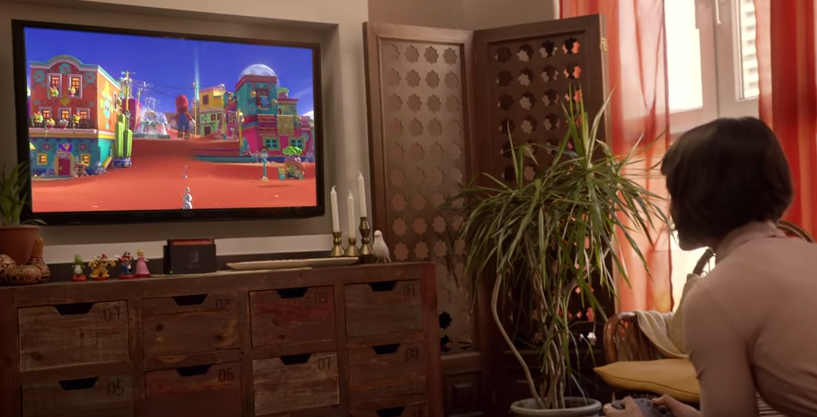
The trailer shows many things that show that Nintendo is thinking towards really good things, such as eSports and big third party games.
However, I Don’t See Anyone Doing Half the Things in that Reveal
The chances of someone playing a video game, then looking out their window to see that a party is going on, then taking their video game to play it, is about 0%.

Also, if I’m playing some basketball, and I say to the other players ‘Hey, do you want to play a video game version of basketball instead?’, the chances of me getting beaten up is about 100%.

This may seem nitpicky, but Nintendo is trying to sell the capabilities of this system. People like me will buy the system no matter what, I’m not missing the next Zelda (well, the one after the next). However, for Nintendo to succeed, they need to appeal to two types of people: people who play games but play on other systems, and people who don’t play games at all.
The portability of the console appeals to me. All I need to do is take the screen with me, and when I want to play it all I need to do is pull off the sides, set up the screen, and I immediately have a two player experience wherever I want.
But this is appealing to someone who’s already sold on the console. I find it nifty because it’s going to add to an experience I’m already determined to have, but what about to people who aren’t sold?
For people who play games on other consoles:
There isn’t much that will move them to this console. They aren’t going to spend the money on a new console simply because they can take it with them.
It could be argued that with the PS4 Pro and the Xbox Scorpio, people are already thinking of buying new consoles and this could take sales from them. However, they already have all those games and save data for those consoles, there’s even less reason to move.

Being able to take a console on the move is great and all, but has anyone really complained about needing it before? You could argue that it could be something we don’t need, but generally when I’m outside, I’m most likely outside for a reason. If I’m partying with friends like that girl in the trailer, I’m probably going to continue partying. If I’d rather play video games I’d probably go home.
Yes, you could use the console the same way as a 3DS. However, considering that that screen doesn’t fit in any of the pockets of my pants, I’m not going to count on it.

The most interesting thing to me is playing multiplayer games wherever I want. On a 3DS you can only play single player games unless someone else has one. With this, you have everything you need for a 2 player game in one package.
This is the only bonus I really see in the console. We just need to consider if that’s enough for someone to… cough… make the switch.
For People Who Don’t Play Video Games
The Wii and the DS were massive because people who weren’t even into video games were buying them. It’s the same situation with Pokemon Go as well.

If Nintendo wants another revolution like that, they’re going to need a variety of people to take interest. Would this be enough to entice people who don’t play games?
With my judgement, I’d say no. This could possibly entice people who don’t have time to play games because they’re always on the move, although handhelds and smartphones already cater to this.
However, if people don’t play games simply because they don’t like them, they aren’t going to suddenly like video games because now they can play them while on the toilet.

The Wii was huge because it literally changed the way we play games. In the end it turned out to be a mess, but it definitely looked like it would be innovative at its launch.
The fact is, the Switch doesn’t even look particularly innovative at this point in time. Even if it does turn out to be superb, the Wii showed us the importance of that initial reaction.
So Nintendo’s in a Bit of Mess Aren’t They?
Nintendo can’t bring themselves back into the forefront by simply making a powerful console. The other console’s definitely have their problems, but unless there’s a massive difference in power, no one is going to move consoles.
Nintendo has to innovate in a hugely different way, but one that doesn’t restrict the types of games played on the system.
People are too set in their ways and they aren’t going to spend money for a slight increase at the cost of losing save data and a game library. Plus, technology just doesn’t allow that kind of difference anyway.
They’ve gotta do something huge and different to bring people in, but this is exactly why the Wii and the Wii U had bad reception.
Clearly, Nintendo has to innovate in a hugely different way, but one that doesn’t restrict the types of games played on the system. I don’t believe the Switch strikes this balance.
I definitely believe it won’t ruin Nintendo games like the Wii U did, that’s a plus, but I don’t see the Switch as something so massive it’ll bring enough people in to sell as well as other consoles.

I still believe the Nintendo Switch will be a solid console, thousands times more solid than Nintendo’s previous run, and I’ll definitely buy it. However, considering Nintendo’s reputation and the size of its fan base, I don’t believe that it’s enough to actually save the company.







Published: Oct 23, 2016 8:46 PM UTC